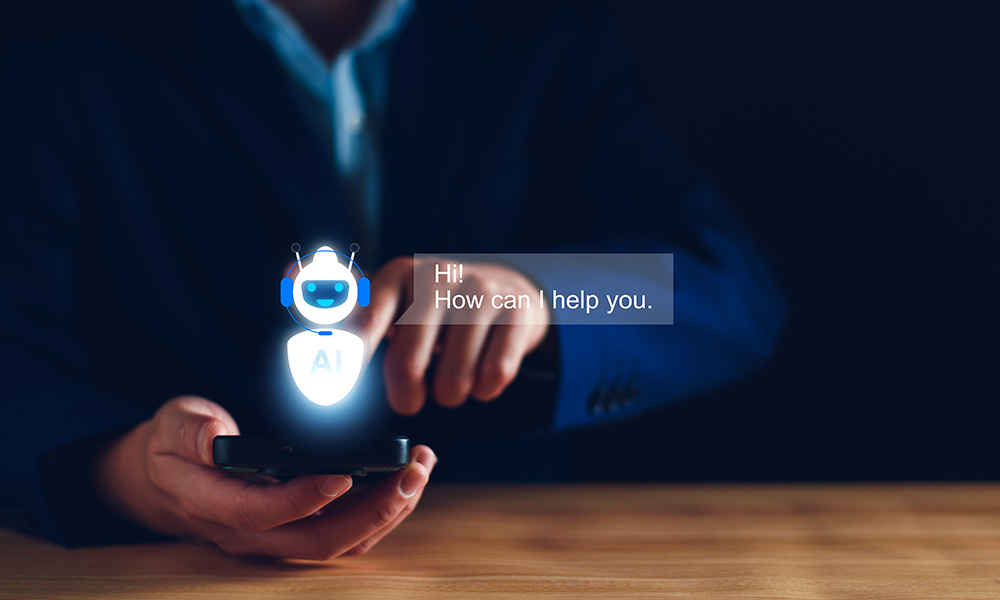
UBCO Professor Wendy Wong is one of two professors who will discuss the government’s role in the ever-changing digital era at a public talk Friday.
As artificial intelligence starts acting more human, could it change the way governments understand their relationships with citizens?
This is one of many questions up for discussion on Friday night, says Dr. Wendy H. Wong, a Professor of Political Science in UBC Okanagan’s Irving K. Barber Faculty of Arts and Social Sciences.
Dr. Wong is a world-renowned author and researcher who has organized a public talk called Virtual Realities: States and Territory in the Digital Era. On Friday, she and fellow AI researcher Dr. Louise Amoore will discuss government’s role in the digital era.
Why are you hosting this event?
I’m the founder of the Governance of Emerging Technologies group, which is primarily a collection of scholars who’ve been brought together through a shared interest in the political and social impacts of technology, and how those impacts might be managed.
We understand that the public has an important stake in these issues as well as scholars, so this event is about creating a space where we can all have honest conversations about the impacts of technology.
What is the goal of this event?
Our goal is to educate the public on how the logics created by deep learning technologies—like ChatGPT and other forms of artificial intelligence—impact the way governments are able to understand themselves and their relationships to citizens. For example, what are the social benefits and costs of either “leading” or “falling behind” on AI?
Can you tell us about the evening’s guest speaker Dr. Louise Amoore?
Dr. Louise Amoore is a widely celebrated scholar of political geography from Durham University in the United Kingdom. Dr. Amoore has published several books on technology and algorithms, most recently one called Cloud Ethics. Her work is wide-ranging and showcases how changing technological landscapes can impact our political futures.
What can people expect?
Guests can expect a brief, publicly oriented lecture by Dr. Amoore, followed by a conversation between myself and Dr. Amoore. I will ask exploratory questions that follow up on her lecture. I expect Dr. Amoore to explain how AI changes the way that governments think about themselves in relation to their citizens.
This shift in the “logic” of sovereignty means that there is potential for states to change the way they govern. How do existing rules apply when the logic of AI, which runs on extensive data collection and high levels of computing power that run sophisticated algorithms, becomes part of what government does?
Are states more or less powerful as a result?
As this talk is designed to be open-ended and broad, guests can also expect discussions on AI-related topics like data and data collection. Following the presentation, there will be a Q&A session.
Who is welcome to attend this event?
Thanks to sponsors, this event is free and open to everyone. Due to space restrictions, pre-registration is required.
The event takes place, Friday, May 5 at 5 pm at the Kelowna Innovation Centre, at 460 Doyle Ave. To register or find out more, visit: events.ok.ubc.ca/event/virtual-realities-states-and-territory-in-the-digital-era